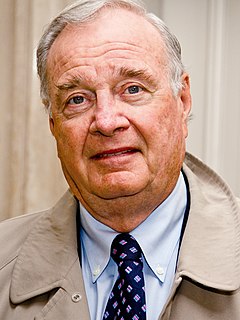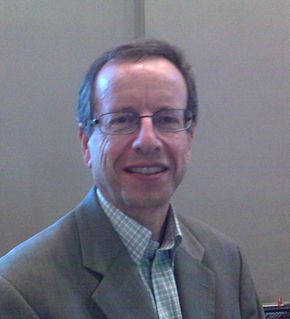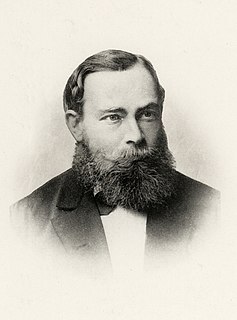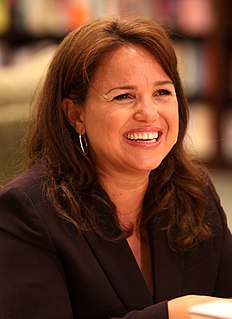A Quote by Paul Martin
The fact is the statements are perfectly consistent, but more importantly, I don't have all the facts.
Quote Topics
Related Quotes
Is it true or false that Belfast is north of London? That the galaxy is the shape of a fried egg? That Beethoven was a drunkard? That Wellington won the battle of Waterloo? There are various degrees and dimensions of success in making statements: the statements fit the facts always more or less loosely, in different ways on different occasions for different intents and purposes.
'Facts, facts, facts,' cries the scientist if he wants to emphasize the necessity of a firm foundation for science. What is a fact? A fact is a thought that is true. But the scientist will surely not recognize something which depends on men's varying states of mind to be the firm foundation of science.
I'm able to bring business expertise but, more importantly, operating experience. The people here at Google are young. Every day there are lots of new challenges. I keep things focused. The speech I give everyday is: "This is what we do. Is what you are doing consistent with that, and does it change the world?"
There is not enough evidence, consistent evidence to make it as fact, and I say that because for theory to become a fact, it needs to consistently have the same results after it goes through a series of tests. The tests that they put- that they use to support evolution do not have consistent results. Now too many people are blindly accepting evolution as fact. But when you get down to the hard evidence, it's merely a theory.


































